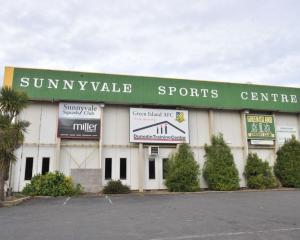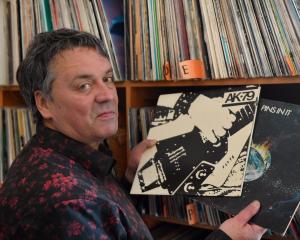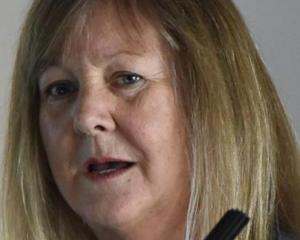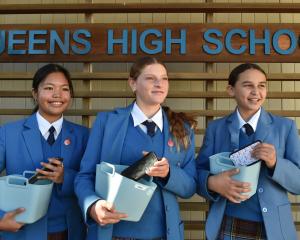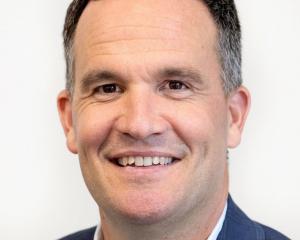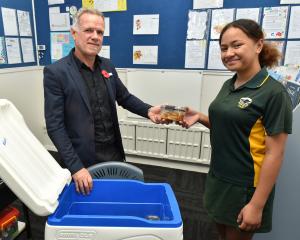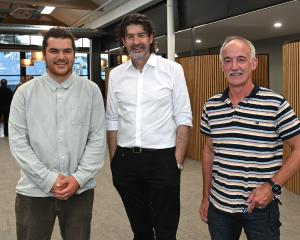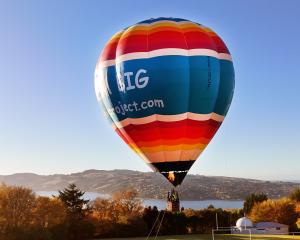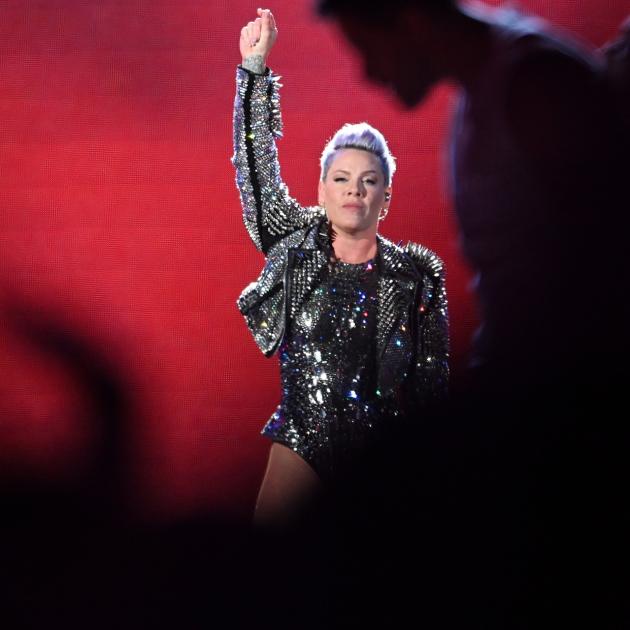
The American singer’s Forsyth Barr Stadium concert pumped an estimated $16.6 million into the economy, the venue’s boss said.
Dunedin Venues Management Limited chief executive Terry Davies said yesterday it was the most substantial financial result the venue had recorded for a single event.
It was second only to the three back-to-back concerts of English singer Ed Sheeran’s Easter shows in 2018 for the stadium — which reportedly injected $38m into the city’s coffers.
"I’m absolutely delighted with the outcome," Mr Davies said.
"The results are brilliant for the city and I’m so incredibly proud of our team and their seamless delivery of the event, which has contributed to a wide range of benefits for our local economy."
Nearly three-quarters (72%) of concert-goers were from out of town. The rest were locals.
Visitors for the concert were estimated to have spent an average of $655 each, putting the total additional expenditure at about $16.61m.
Visitor spending, excluding ticket prices, was estimated to have created the equivalent of 119 job years in the region, Mr. Davies said.
About 93% of respondents expressed satisfaction with the show, survey results showed, he said.
"This is a testament to Pink and her incredible talent as a global entertainer.
"It also emphasises the meticulous behind-the-scenes efforts involved in preparing the facilities, collaborating with stakeholders, and orchestrating seamless communication for an event of this calibre."
Last year, Forsyth Barr Stadium added $53m to the economy, hosting three concerts, the Fifa Women’s World Cup and an All Blacks test.
Attendance across those events eclipsed 140,000 and did not include community events, the Highlanders and the National Provincial Championship.
Preparations were now under way the All Blacks and England test on July 6 2024, which was expected to bring more than $12m into the economy, he said.

